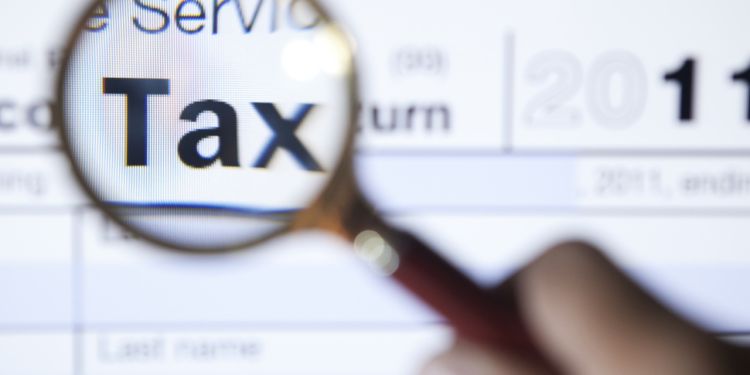Tax in Nigeria

While competitive enough to bolster the country's appeal to foreign investors and skilled expats, Nigeria's tax system is also tasked with the responsibility of providing the government with enough resources to finance the country's development - company tax and petroleum royalties in fact account for the primary source of government revenue. Here is an overview of the main taxes in Nigeria.
Tax residency in Nigeria
The Nigerian tax regulation defines a Nigerian resident as an individual who is living in Nigeria for more than 6 months a year. A foreigner holding a Nigerian residence permit (CERPAC) is also deemed to be a tax resident.
Individual residents in Nigeria are taxable on their worldwide income, whereas a non-resident is only taxable on the income earned from business activities performed in Nigeria. Non-resident expatriate employees are therefore subject to income tax in Nigeria unless:
- they work for an employer based in a country other than Nigeria,
- their compensation is not paid by a 'fixed base' (i.e. permanent implantation) of their employer in Nigeria, or
- their compensation is taxed in another country (you should check in advance whether your home country has a tax agreement with Nigeria).
Good to know:
Taxes in Nigeria are all collected by the national Federal Inland Revenue Service (FIRS).
Personal Income tax in Nigeria
Employees simply pay their income tax through the Pay As You Earn (PAYE) system, whereby employers deduct the due tax at source from the salaries and transfer it directly to the FIRS on a monthly basis, while independent workers and beneficiaries of additional income are required to file their own tax returns.
Income tax in Nigeria is levied at a progressive rates capped at 24%. Here are the applicable rates for personal income tax in Nigeria :
Annual income (NGN):
- First 300,000: personal income tax rate of 7%
- Next 300,000: personal income tax rate of 11%
- Next 500,000: personal income tax rate of 15%
- Next 500,000: personal income tax rate of 19%
- Next 1,600,000: personal income tax rate of 21%
- Above 3,200,000: personal income tax rate of 24%
Corporate tax in Nigeria
Resident companies in Nigeria are subject to the Company Income Tax (CIT) on their worldwide income, while only the income from Nigerian source of non-residents companies is taxed under the CIT.
The CIT is generally levied at a flat 30% rate, but is reduced to 20% for smaller companies (with a turnover not exceeding NGN 1m) operating in the manufacturing industry and wholly export-oriented.
Resident companies are also charged a 2% tertiary education tax.
Additionally, companies operating in the petroleum industry, whether resident or not, are required to pay the Nigerian government a special Petroleum Profit Tax (PPT) at rates varying from 50% to 85% according to the age of the company and its relationships with the Nigerian National Petroleum Corporation (NNPC).
Other types of tax Nigeria
Value Added Tax (VAT) in Nigeria is levied on all products and services traded within the country and payable to government at a 5% rate, one of the lowest in the world.
The sale of real estate properties is subject to a 10% tax on the gains.
Useful links:









